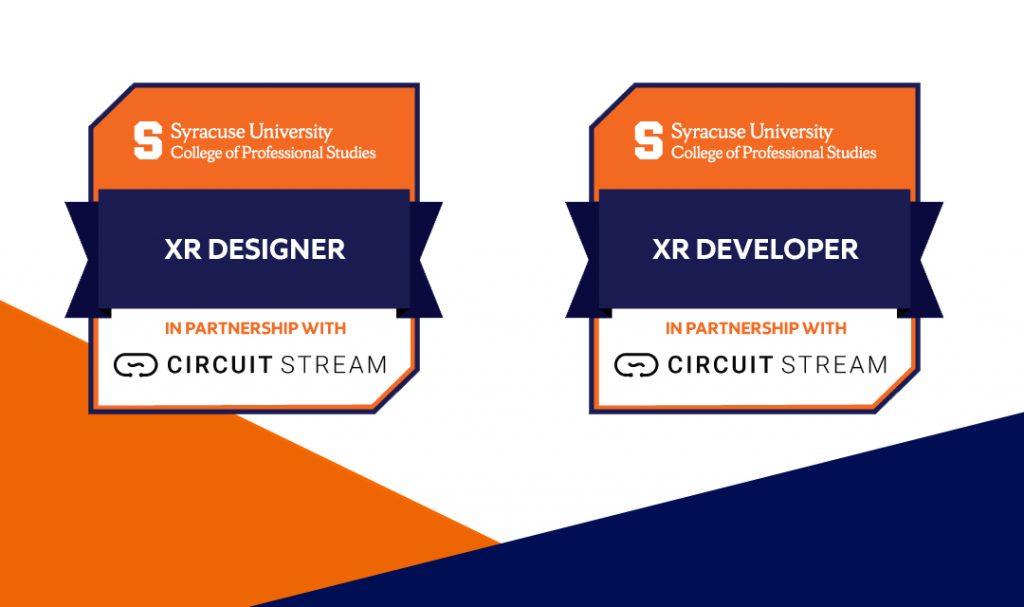via Illumination by Modern Campus
Continuing education can act as a gateway for the public to access a college or university. It’s crucial for CE leaders to understand and engage with people who live in the area, feel the beat of the community and respond accordingly with programming that the residents find valuable.
Continuing ed can be the bridge between a community and an institution.
On today’s episode of Illumination, Michael Frasciello, Dean of the College of Professional Studies at Syracuse University, talks with host Amrit Ahluwalia about how CE units can help their institutions achieve their mission and attract partnerships with local employers.
The demand for experts in continuing ed has grown since the start of the pandemic, Frasciello says. Colleagues of his are being asked for advice on how institutions can better use their existing infrastructures to better accommodate distance learning.
“For years, continuing ed divisions have been ‘those guys down there at the other corner of campus,’” he says. “But now we’ve seen people leaning into what continuing ed can do, how we do it and the expertise around staffing and frameworks.”
This newfound attention is not a short-lived phenomenon either. The demand for conversations around how CE develops programming at Syracuse has been continuous. Online program management demand has also skyrocketed in the last few years.
Universities are beginning to understand how crucial it is to build infrastructures that can accommodate the demands for CE and distance learning.
“I hate to say it, but this might not be our last pandemic,” Frasciello says. “It may not be the last external exigency that requires universities to pivot quickly and staff up to be able to deliver services that are not on the ground full-time.”
It’s unfortunate that it took a global catastrophe for senior academic leaders to see the value in CE, Frasciello says, but at least it’s happening.
Part of the reason CE is such a successful endeavour for so many institutions is that CE puts community engagement is front and center. CE is making the area more appealing to those who surround the campus, especially for in-person classes.
For example, Syracuse’s College of Professional Studies spearheads community engagement for the entire university. Each Thursday since 1959, the college has hosted a roundtable of local leaders.
The investment of a college campus is in fact an investment of its surrounding community. There is so much more to a campus than just classrooms and libraries; it’s a place for ideas to permeate and for people to collaborate.
“We are the gateway to the university for the community,” Frasciello says. “Many of our students are part time, and all are either online or commuter. Those commuter students are coming from a 90-mile area around the university, but they know Syracuse University through us, through the continuing education unit.”
That connection extends to employers as well.
Upskilling and reskilling services can have an enormous impact on the surrounding area’s ability to attract employers.
“Large cities have been able to really leverage everything to those schools,” Frasciello says. “They can transform an entire city.”
With nearly 4,000 faculty and staff, Syracuse University is the largest employer in its region.
“Not only is there an obligation for the school to do good for the public, but it’s in our best interest to do that,” Frasciello says. “The people that work here, live here.”
Developing partnerships with businesses is also essential for the continuing ed division, as businesses can really spotlight what employers are looking for in the school’s recent grads.
Syracuse is only eight miles from an Amazon warehouse. Those employees can attend the university at a significant discount for part-time certificates, degree and non-credit credentials. The idea is to make the university accessible to a larger number of people in the same area, while at the same time learning what they need from those who they spend the most time with: their employer.
The new skills are provided by the university; the information and students are provided by the business. It is a symbiotic relationship in which both parties benefit.

